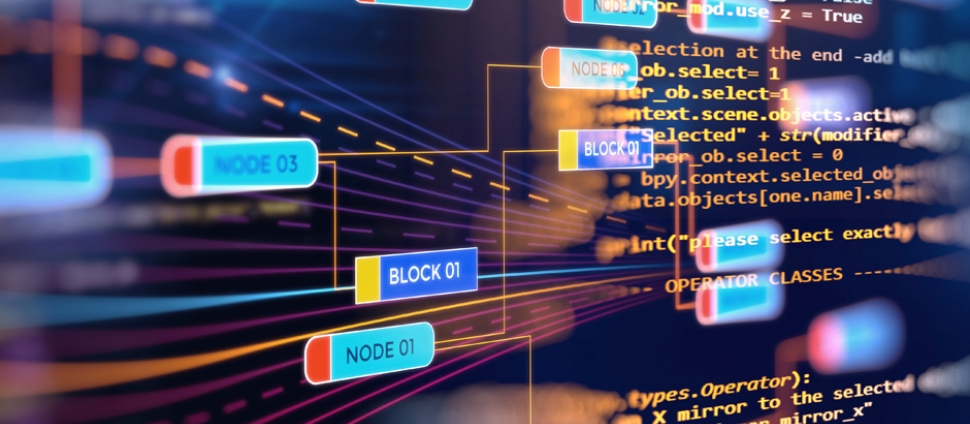Document Type
Technical Report
Publication Date
9-9-2013
Publication Title
AAAI Spring Symposium
Abstract
We developed a system dynamics model to simulate the impact of operator trust on performance in multiple robot control. Analysis of a simulated urban search and rescue experiment showed that operators decided to manually control the robots when they lost trust in the autonomous planner that was directing the robots. Operators who rarely used manual control performed the worst. However, the operators who most frequently used manual control reported higher workload and did not perform any better than operators with moderate manual control usage. Based on these findings, we implemented a model where trust and performance form a feedback loop, in which operators perceive the performance of the system, calibrate their trust, and adjust their control of the robots. A second feedback loop incorporates the impact of trust on cognitive workload and system performance. The model was able to replicate the quantitative performance of three groups of operators within 2.3%. This model could help us gain a greater understanding of how operators build and lose trust in automation and the impact of those changes in trust on performance and workload, which is crucial to the development of future systems involving human-automation collaboration.
Volume
SS-13-07
First Page
16
Last Page
22
Rights
Copyright © 2013, Association for the Advancement of Artificial Intelligence (www.aaai.org). All rights reserved.
Version
Version of Record
Recommended Citation
Gao, Fei; Clare, Andrew S.; Macbeth, Jamie C.; and Cummings, M. L., "Modeling the Impact of Operator Trust on Performance in Multiple Robot Control" (2013). Computer Science: Faculty Publications, Smith College, Northampton, MA.
https://scholarworks.smith.edu/csc_facpubs/167


